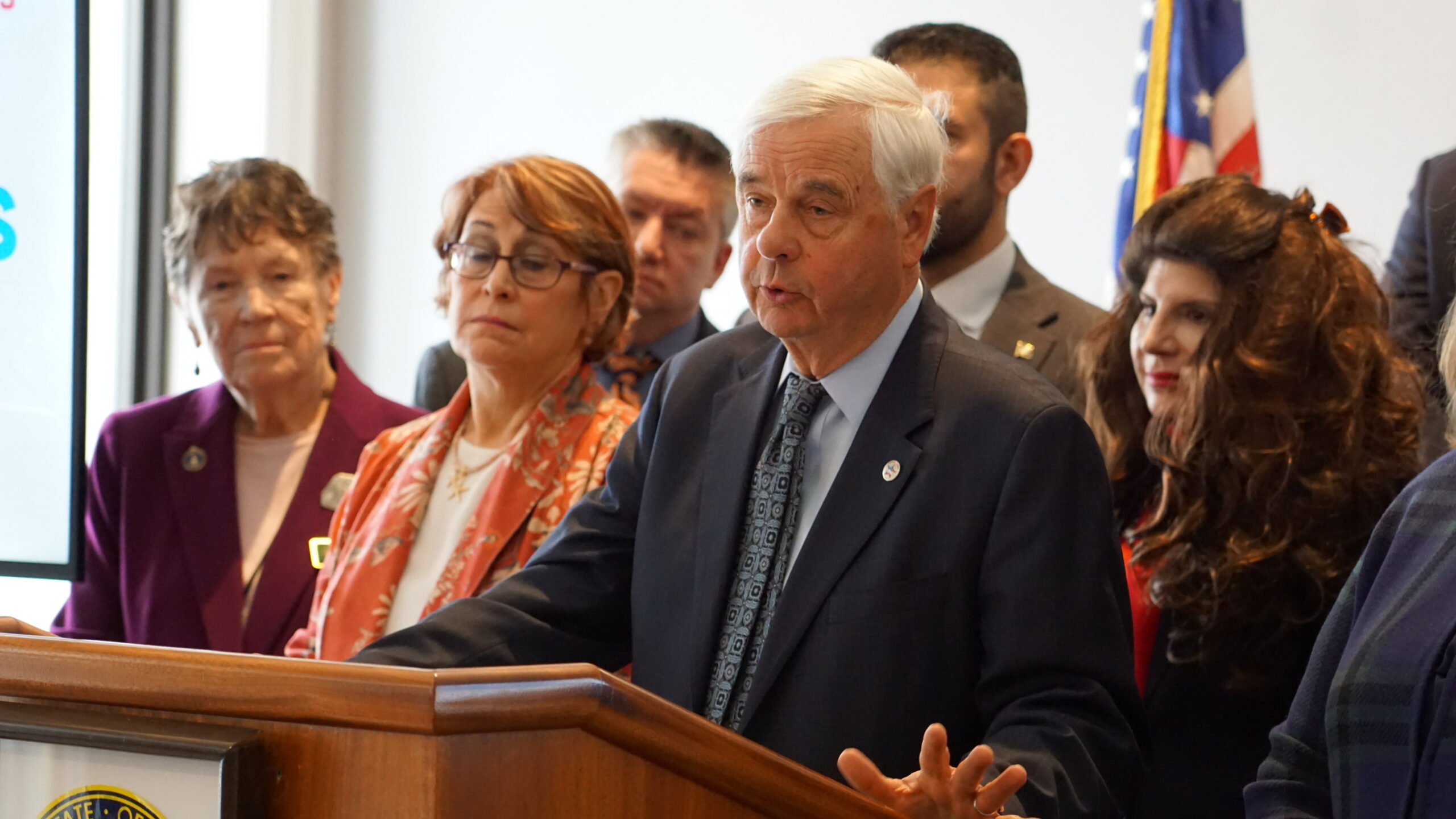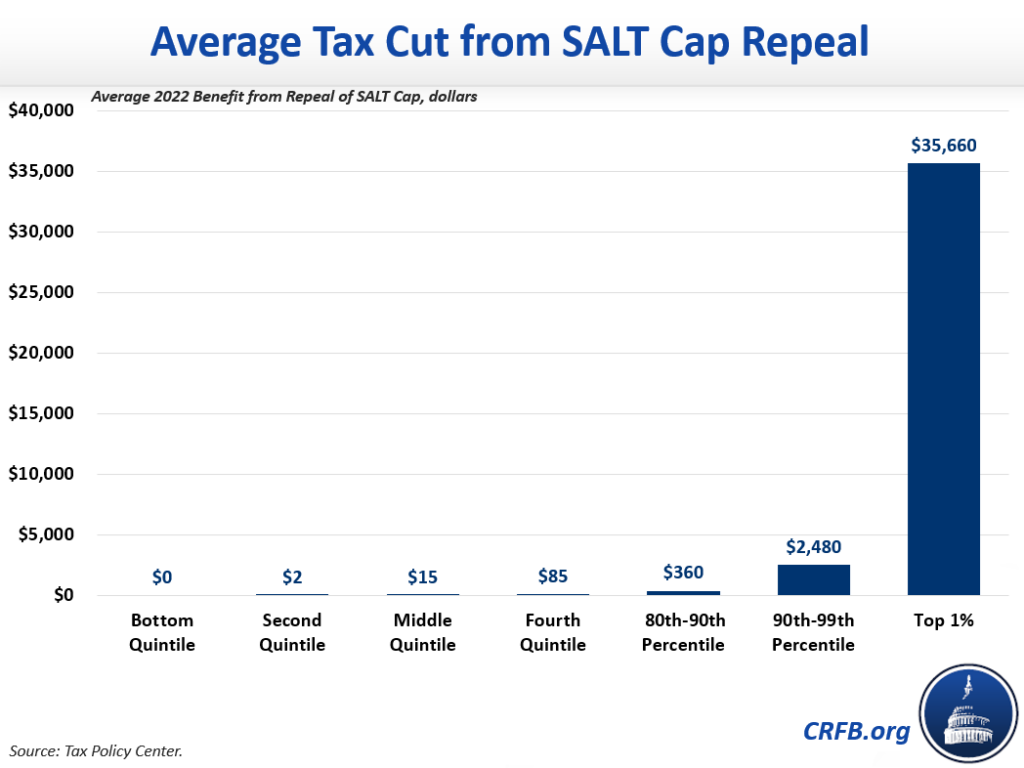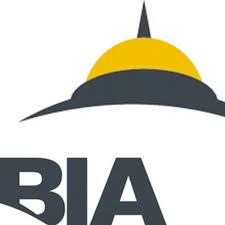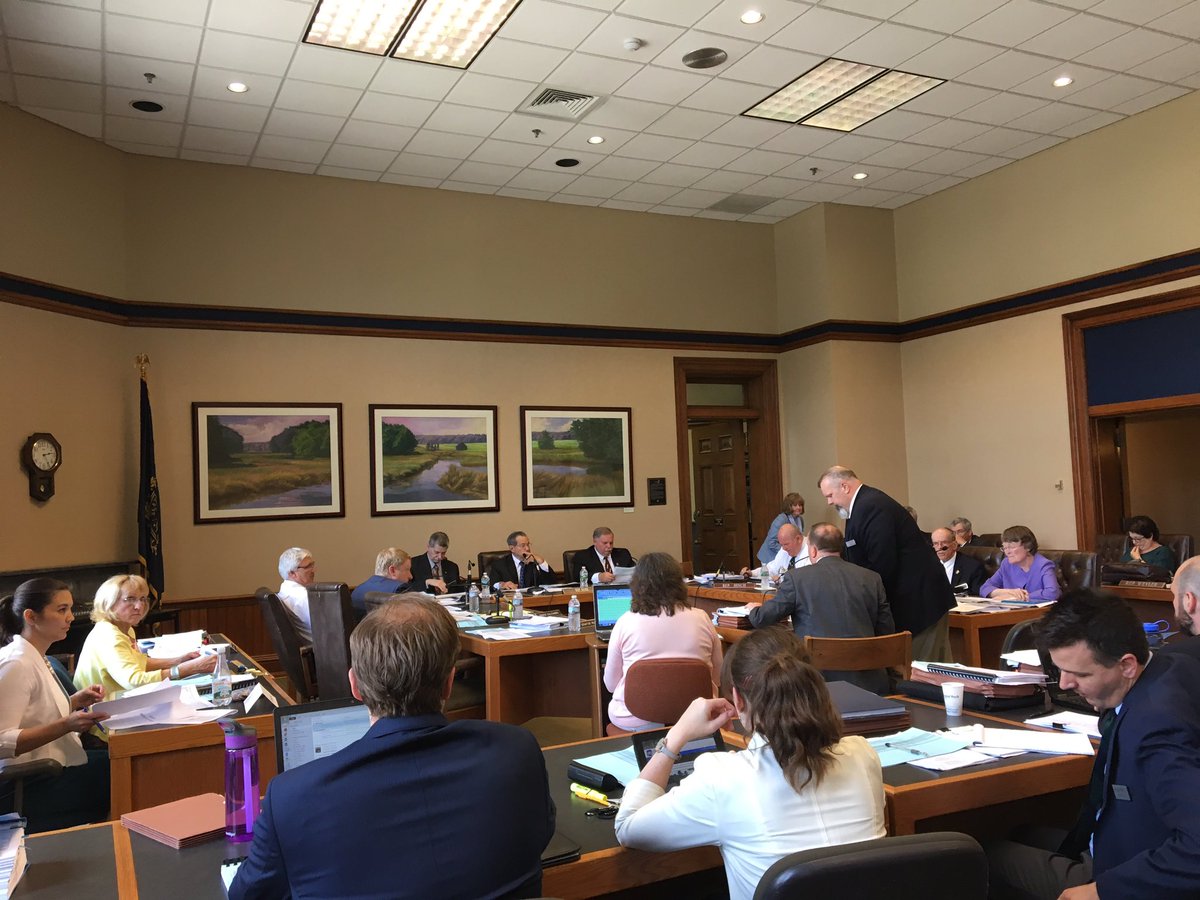NH Has America’s Third-Lowest Tax Burden, While MA Taxes Drive Wealthy Away
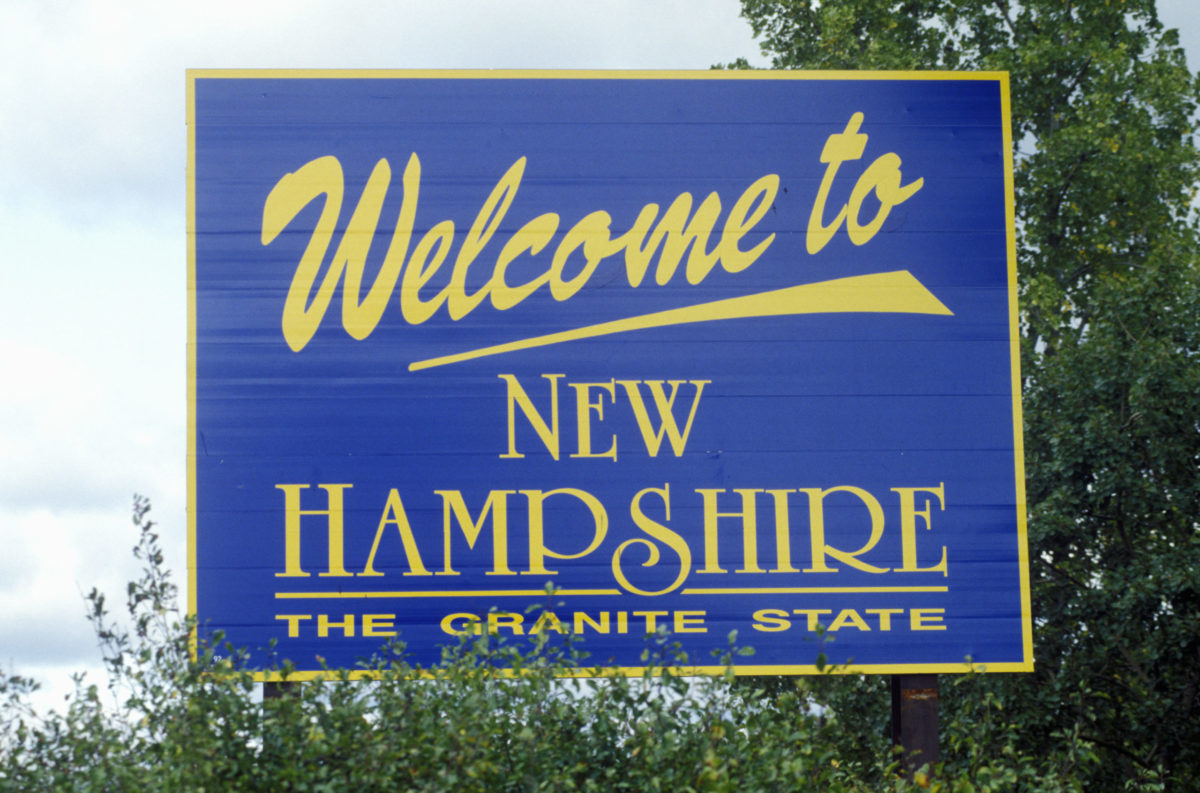
With the tax filing deadline fast approaching, a new analysis finds New Hampshire residents have the lowest tax burden in New England and one of the lowest nationally.
Meanwhile, just across the line in Massachusetts, soaring taxes on top earners are sending them fleeing to low-tax states like Florida and, yes, New Hampshire.
The new WalletHub analysis uses a metric of income taxes, sales taxes, and property taxes to calculate overall tax burdens. New Hampshire has the third lowest overall tax burden, trailing just Alaska and Delaware. New Hampshire’s performance is even more impressive when compared to other states in the region. Three of the five states with the highest tax burden are in New England (Maine, Vermont, and Rhode Island).
New Hampshire is the only New England state not in the top 20 for tax burden.
State Senate Finance Committee Chairman James Gray (R-Rochester) said New Hampshire’s low taxes and efficient government are some of the reasons for the state’s economic success. “There’s an awful lot of people who choose New Hampshire because we are fiscally responsible with our money,” Gray said.
A different Wallethub analysis last week ranked New Hampshire number one for taxpayer return on investment.
The one glaring exception was property taxes. Granite State homeowners have the third highest property tax burden in the country, according to WalletHub, behind Maine and Vermont.
Gray said New Hampshire’s reliance on property tax to pay for services like education gives voters the most control over their money possible. He said that local control likely results in lower spending and taxes than if the decisions were all made in Concord.
“You have to have something to run a government by, and a lot of the things that we fund, especially schools, we pay for through a property tax,” Gray said.
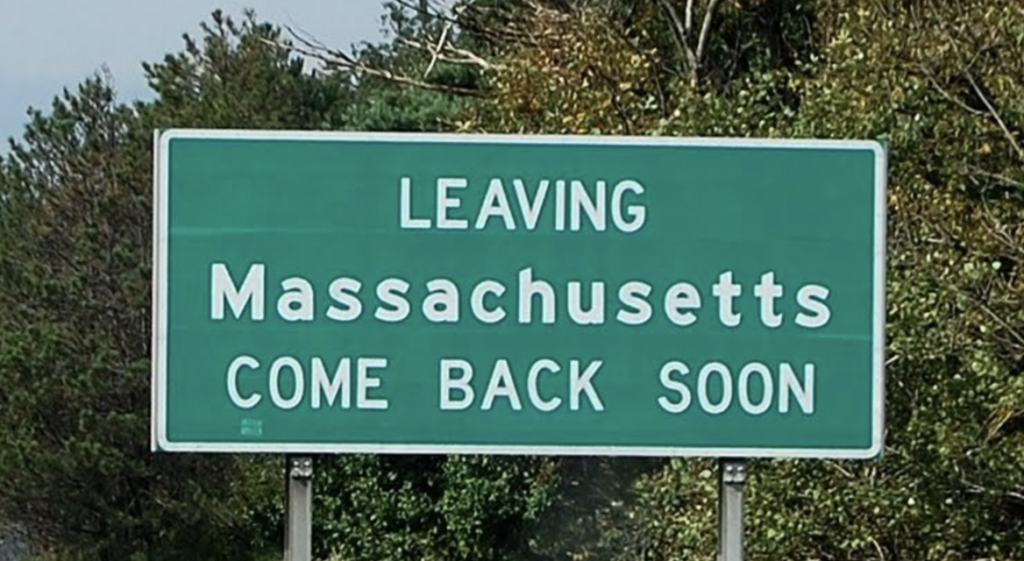
The effects of New Hampshire’s low taxes and efficient spending don’t end at the border. A new report from the Massachusetts Society of CPAs on the impact of the Bay State’s new “millionaire’s tax” — which raises the top state income tax rate to nine percent — says 82 percent of CPAs report they have high-income clients seriously considering relocating in the next 12 months.
And tax-free New Hampshire is near the top of their list of potential destinations.
“Florida and New Hampshire are overwhelmingly the most popular choices for relocation,” the CPA report states. “While some may argue that a move to Florida is driven by a desire for better weather and a different lifestyle, the fact that the second most popular destination is New Hampshire suggests that people want to stay in the area but may be motivated instead by a lower cost of living, including a lower tax burden.
“Furthermore, New Hampshire is set to repeal its Interest and Dividends Tax by 2026, which would decide to relocate even more appealing.”
Granite State Democrats tried but failed to push through legislation reversing the repeal of the interest and dividends tax for people earning $50,000 or more per year.
New Hampshire already has the strongest economy in New England, with low unemployment and low poverty rates. The Live Free or Die state’s commitment to low taxes will help it stay in the pole position, according to Joseph Krupka, an accounting professor at Florida State University.
“Here is a simple answer, the lower state tax burden will drive the state economy. Corporations seek state tax incentives when developing long-term strategies for where to locate new facilities such as plants and offices,” Krupka said. “Reduced corporation and real estate tax burdens along with a favorable personal income tax for their employees are the two keys.”
Gray knows there are a lot of factors considered by business owners who want to relocate, from infrastructure and energy costs to the local labor supply. Some states even offer financial incentives that New Hampshire does not currently match. But, he said, New Hampshire will keep to its low-tax structure.
“That’s just the way we do it,” Gray said.

